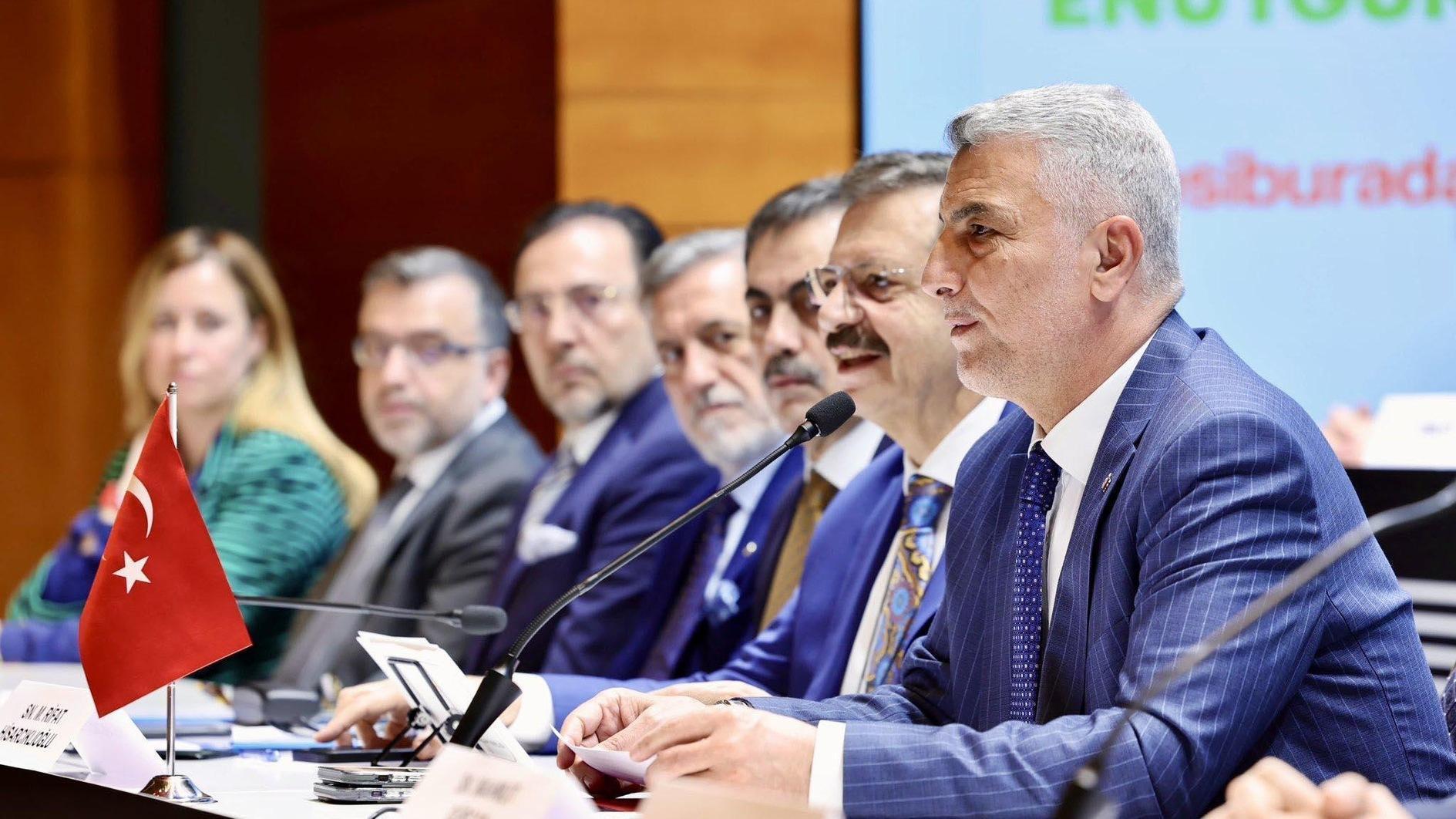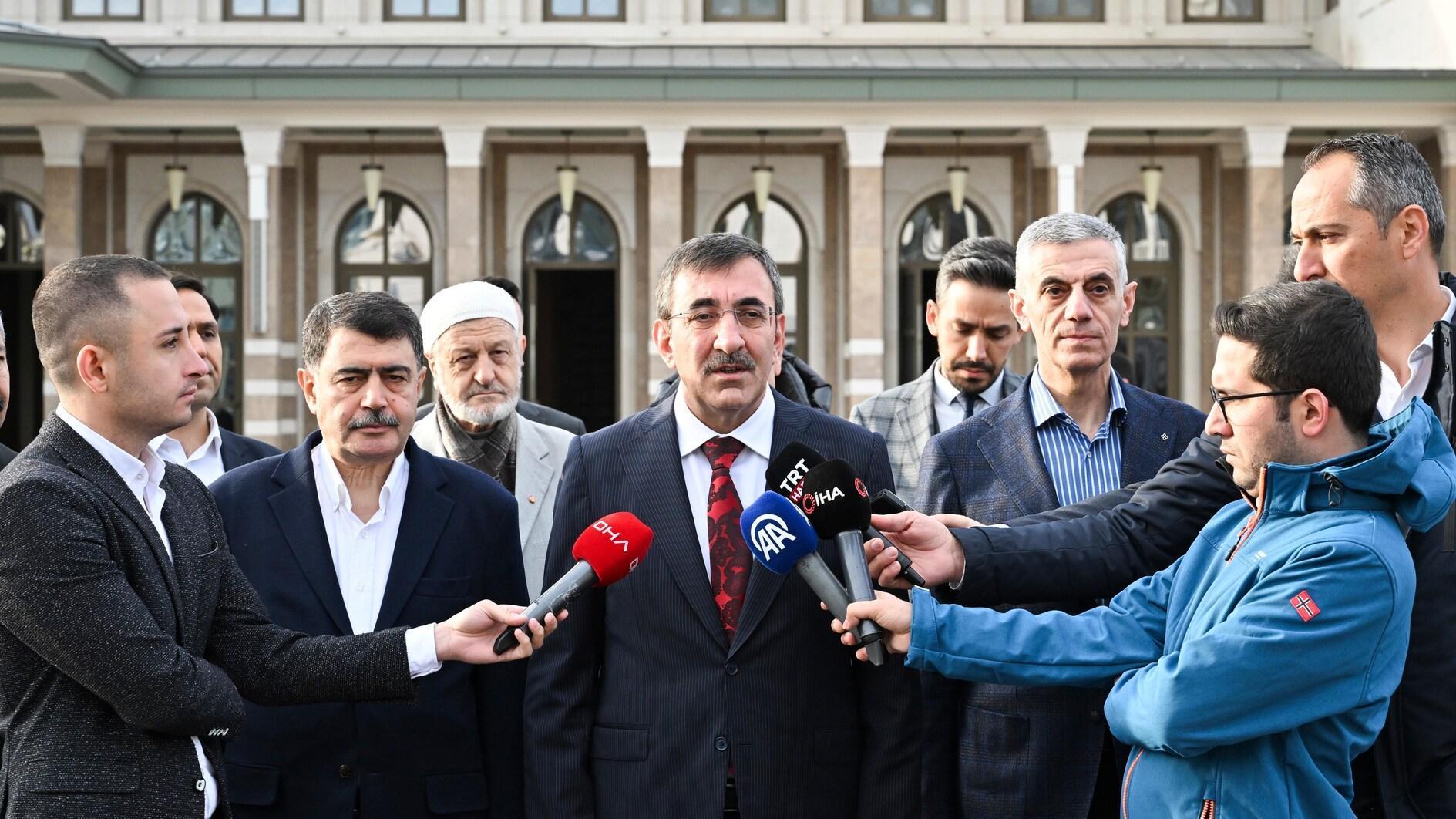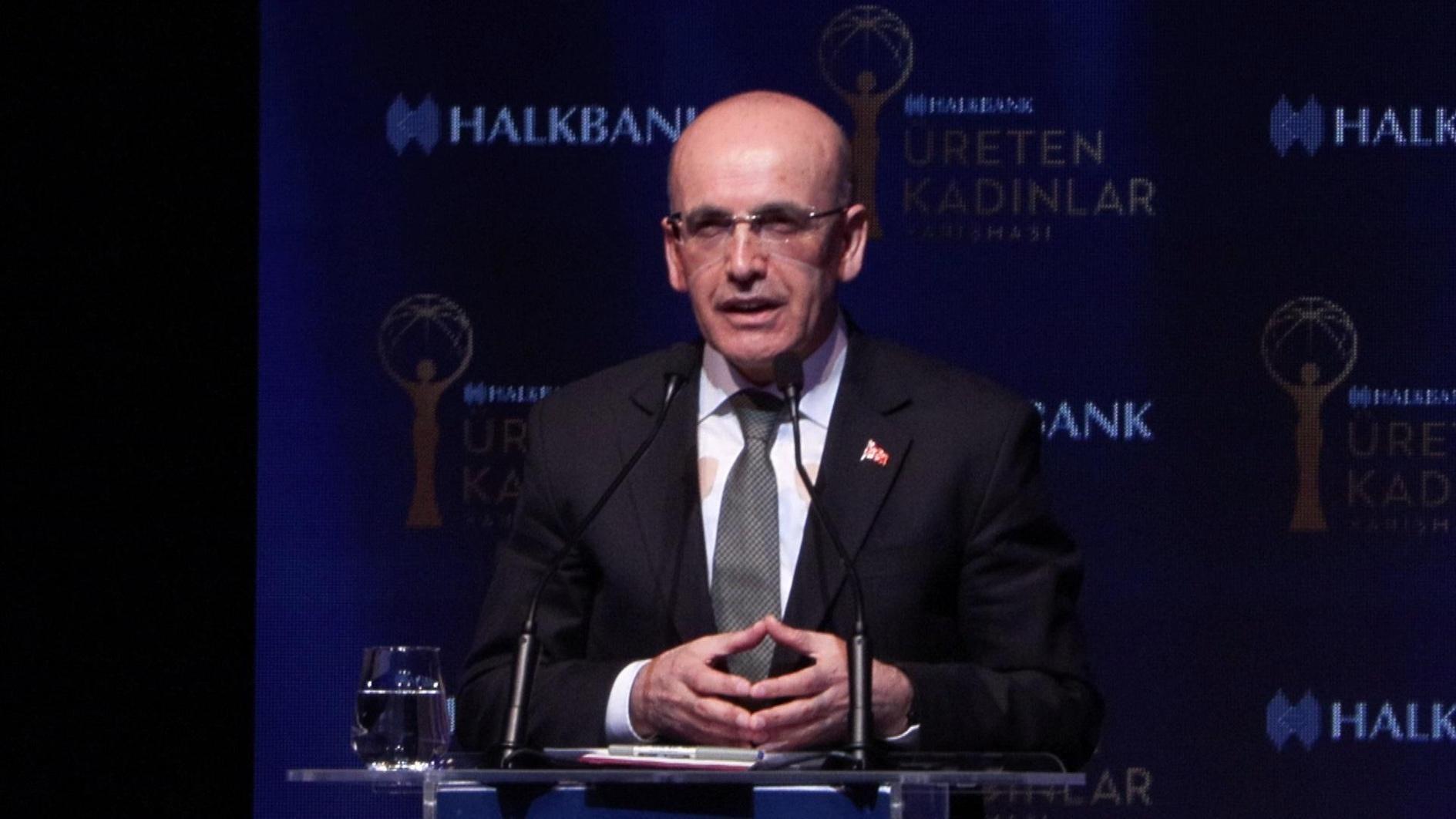Murdered lawyer, arrested journalists, troubled neighborhood
The Turkish people had not even digested the war plane crisis with Russia which broke on Nov. 24 and then the arrest of two journalists reporting on an intelligence-involved probe in relation to Syria on Nov. 26 when the bad news hit the wires from the predominantly Kurdish populated southeastern Diyarbakır province on Nov. 28.
Tahir Elçi, the head of the Diyarbakır Bar Association and a renowned human rights defender, was shot dead on Nov. 28. He had been made a target by especially pro-government media for some weeks after he said on a live panel discussion on CNN Turk that it would be too simplistic to define the outlawed Kurdistan Workers’ Party (PKK) only as a terrorist organization. A court case had been opened against him and he was to appear before a judge in a few days’ time, had he not been murdered.
Elçi’s last words were, “We want no guns, no clashes, no operations here anymore,” indirectly addressing both the government and the PKK in front of an ancient mosque minaret base which had been partly destroyed during a clash between the police and PKK militants. Actually, the place was almost next to a neighborhood where the PKK militia had dug ditches and raised barricades for some time in order to block officials without the risk of clashes in the middle of the town.
As he finished his press statement in the narrow street, gunfire broke out on the main street some 100 meters away. The police officers who were there to protect Elçi (because of threats against him) turned their backs to him and started to fire their guns in that direction. Later it was understood that alleged PKK militants had opened fire on plain clothes police officers there, killing one and wounding another who later died in hospital. One of the militants entered the street and passed through the police officers towards Elçi. Noticing him the police officers turned in that direction and continued firing. When the shoot-out was over, the dead body of Tahir Elçi was laying on the road.
There was a pistol on the ground. Later on it was understood it was the gun carried by the militant who ran though (possibly to reach the barricades to reach safe harbor) and was thrown on the street by him. Prime Minister Ahmet Davutoğlu said it was the same weapon with which one of the police officers was killed. But it was not possible whether Elçi was killed with that.
Because when the prosecutor and the crime scene investigation police returned to the stage to investigate, they were attacked by the PKK and had to go back (with two policemen wounded) without obtaining the bullet which entered Elçi’s head from rear and left the skull from above his left eye, according to the autopsy report. The report only said that it wasn’t a point blank shot, which means it was any shot from further than 75 cm - ranging from a sniper’s rifle to a stray bullet from the gun of a police officer who was supposed to protect him. Davutoğlu said the government was going to find who killed Elçi, whoever he or she is.
Davutoğlu also said yesterday, on Nov. 29, that he found it unnecessary to arrests journalists in order to try them. He was referring to the arrest of Can Dündar, the editor-in-chief of center-left daily Cumhuriyet and Erdem Gül, the paper’s Ankara office chief, three days ago. They were put in Silivri prison in Istanbul on charges ranging from military espionage to helping a terrorist organization. The organization that the court referred to were the sympathizers of U.S.-based Islamist scholar Fethullah Gülen, Turkish President Tayyip Erdoğan’s former closest ally but now arch enemy. The alleged act of espionage was actually printing the documents and photographs presented to the court regarding a case about the arrest of trucks belonging to the National Intelligence Agency (MİT) on their way to Syria “carrying assistance to Turkmens and the Free Syrian Army [FSA],” according to Erdoğan by gendarmerie forces acting on court orders. Journalists as well as Kemal Kılıçdaroğlu, the leader of the social democratic Republican People’s Party (CHP), protested the arrests yesterday with a visit to the paper’s headquarters.
Dündar and Gül, by the way, wrote letters to European Union leaders drawing attention to the state of media freedom in Turkey, right before yesterday’s meeting of Davutoğlu with EU leaders in Brussels. The subject of the meeting is Syrian migrants. The EU wants Turkey to keep more than 2 million Syrian migrants in return for funds and easing visa requirements for Turkish citizens within Schengen countries. But Turks also want the reactivation of the integration process which has been practically put on freeze since the break of the Arab Spring and then the Syrian civil war.
Syria keeps affecting every aspect of Turkish life. Today, on Nov. 30, Erdoğan hopes to meet his Russian counterpart, Vladimir Putin, in Paris during the Climate Summit; the first big organization there since the bomb attacks of the Islamic State of Iraq and Levant (ISIL) on Nov. 13 which killed 129 people. Erdoğan wants to decrease the tension with Russia after relations hit bottom when Turkish jets shot down a Russian war plane on Nov. 24 near the Syrian border, accusing Russia of repeatedly violating its border. NATO and the U.S. backed the Turkish position and asked Russia to focus on defeating ISIL instead of hitting opponents of Syrian President Bashar al-Assad’s regime. But Putin demanded an apology first and imposed political and economic sanctions on Turkey. If this crisis continues for some more time, it can further escalate the tension in the entire region.
It is a difficult time for Turkey indeed.











